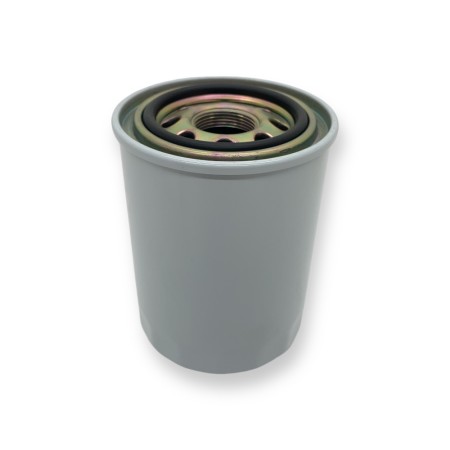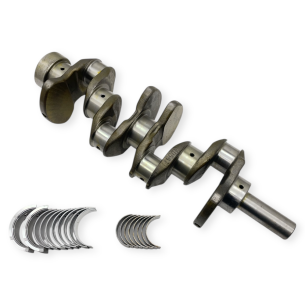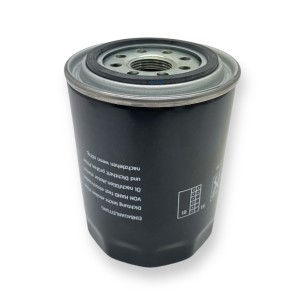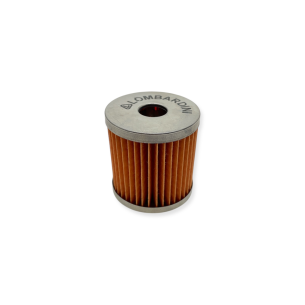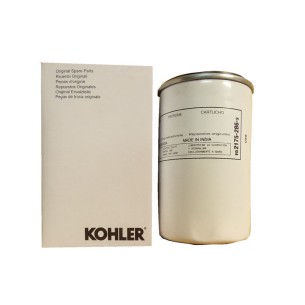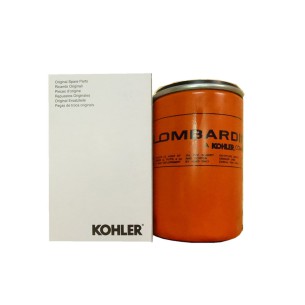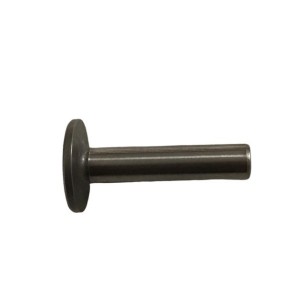Hydraulic filter
The hydraulic filter is an essential component in hydraulic systems, designed to remove impurities and contaminants from the hydraulic fluid. Its main function is to protect the system components, ensuring optimal operation and extending the life of the machines. This element is essential in various industrial and agricultural applications, where the integrity of the hydraulic system is crucial to operational performance.
Importance of the Hydraulic Filter
The presence of particles, dirt, and other contaminants in hydraulic fluid can cause significant damage to pumps, valves, and cylinders. An efficient hydraulic filter acts as a barrier, preventing these harmful elements from circulating through the system. This not only helps maintain equipment functionality but also reduces long-term maintenance and repair costs.
Types of Hydraulic Filters
- Suction filters: They are installed in the pump suction line, protecting the system from contaminants before the fluid enters the pump.
- Pressure filters: Placed in the pressure line, these filters ensure that the fluid supplying the system components is free of impurities.
- Return filters: These are located in the return line, filtering the fluid before it returns to the tank, helping to keep the system clean.
Hydraulic Filter Applications
Hydraulic filters are used in a wide variety of applications, including:
- Agricultural machinery, such as tractors and combine harvesters, where the hydraulic system is essential for the operation of implements and accessories.
- Construction equipment, such as excavators and cranes, rely on hydraulic systems to perform heavy tasks.
- Manufacturing industries, where presses and cutting machines are used that require precise control of hydraulic fluid.
Benefits of a Hydraulic Filter
The implementation of a hydraulic filter in the system offers multiple benefits, such as:
- Component Protection: By removing contaminants, premature wear of system parts is prevented.
- Improved reliability: A clean system operates more reliably, reducing the risk of unexpected failures.
- Cost reduction: Fewer breakdowns and repairs mean significant savings in operating costs.
Considerations When Choosing a Hydraulic Filter
When selecting a hydraulic filter, it is important to consider several factors that can influence its performance:
- Compatibility: Ensure the filter is compatible with the type of hydraulic fluid used in the system.
- Filtration capacity: Evaluate the level of filtration required for the type of application and operating conditions.
- Ease of maintenance: Choose filters that are easy to change and maintain to ensure continuous operation.
Conclusion
The hydraulic filter is a key component in the operation of hydraulic systems in various industrial and agricultural applications. Its ability to remove contaminants from hydraulic fluid not only protects system components but also contributes to operational efficiency and long-term cost reduction. Proper selection of this element is critical to ensuring optimal operation and extending the life of the machines.


